China is heading towards peak coal demand, national association says
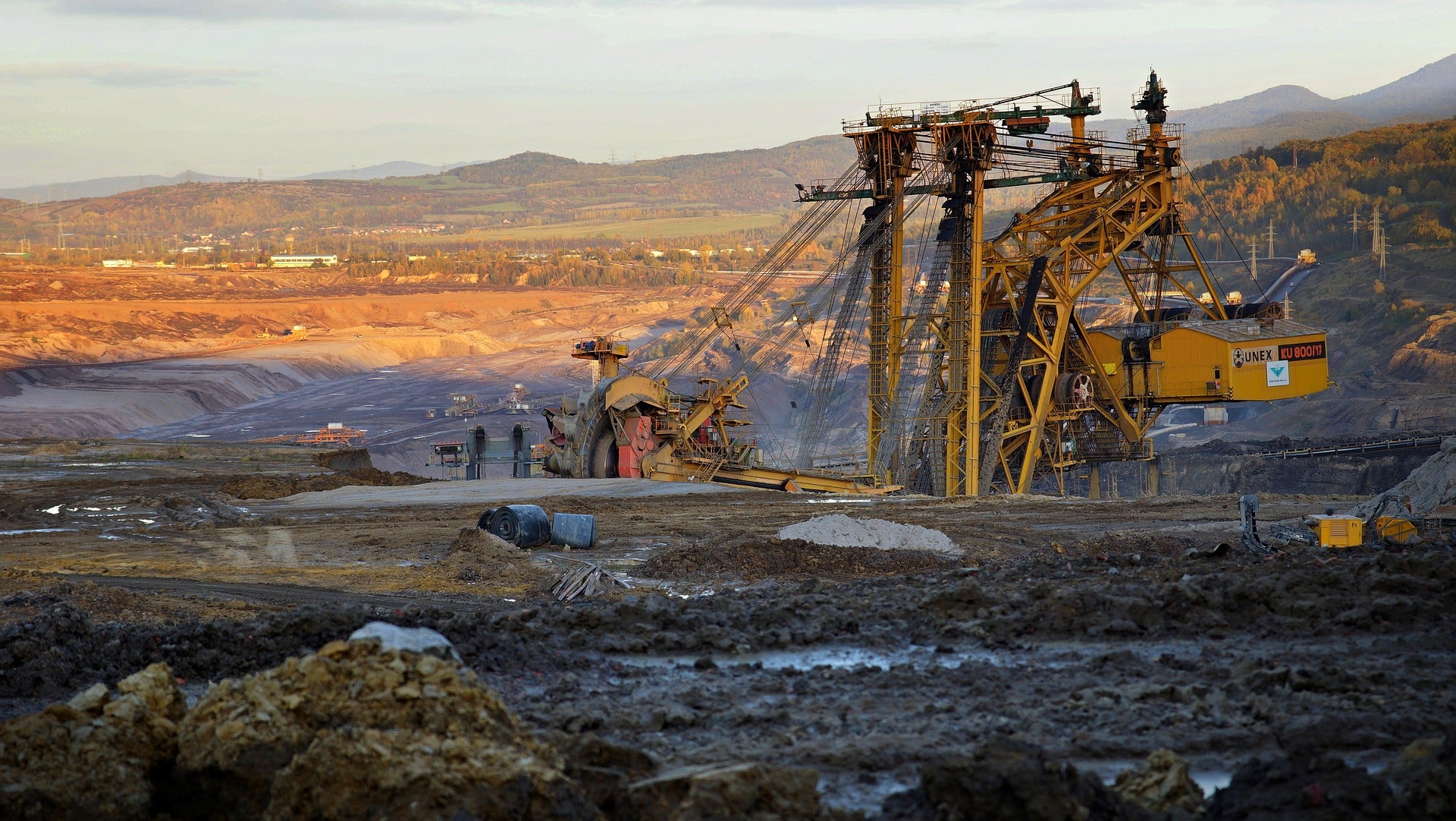
China is approaching peak coal consumption, but energy security concerns will ensure that its use will plateau for some time after it peaks, according to Zhang Hong, deputy secretary-general of the China National Coal Association.
Speaking at the China Coal Import International Summit in Xiamen, south-eastern China, he added that strong growth in the wind and solar industry last year has reduced demand for coal in the power sector, while the real estate crisis is limiting demand from heavy industry.
“Coal demand is reaching a plateau period, but its fundamental role in supporting China’s energy supply safety is hard to change in the short-term. The role of coal as primary energy and a fallback for ensuring energy security remains unchanged, even when it is close to reaching a plateau,” Zhang said at the summit, according to Bloomberg.
China currently mines and consumes more than half the world’s coal. The International Energy Agency (IEA) estimates that China’s coal-fired power generation increased by 7% in 2023, driven by a drought that reduced the availability of hydropower and a post-Covid bounce back in economic growth. However, an IEA report claimed that consumption will fall in China in 2024 and plateau through the next two years. President Xi Jinping has said that use of coal will decline from 2026.
Nevertheless, there is evidence to suggest use of the fuel will continue. Speaking to Mining Technology, Christopher de Vere Walker, head of power and utilities research at non-profit Carbon Tracker, said that issues with China’s grid system makes the transition away from coal more difficult.
“The Chinese would be far more efficient with one overall grid operator, but they do not have that; the grid is operated on a regional level. This means that assets that sit in different grids don’t have a dynamic way of sharing [power] and this leads to inefficiencies. For instance, if there was an increase in hydro production in one region, in another region you would not [necessarily] see a [parallel] slowdown in the use of coal,” he explained.
-
BHP proposes £31bn takeover of Anglo American in mining mega-deal
UK-based mining giant Anglo American has been approached by rival BHP about a po···
-
Electric trolley system tested for underground mining
Boliden, Epiroc and ABB deployed system on test track in SwedenBoliden, Epiroc a···
-
Advancing Robotic Technology in Coal Mining
In a recent article published in the journal Energies, researchers proposed an a···
-
Scotland-based Hypervine launches satellite survey service for mining industry
It can be handy to monitor commodity patterns, including production, activity, a···
Exhibition address:China International Exhibition Center (CIEC)
- BHP proposes £31bn takeover of Anglo American in mining mega-deal
- Electric trolley system tested for underground mining
- Advancing Robotic Technology in Coal Mining
- Scotland-based Hypervine launches satellite survey service for mining industry
- Global mining investment too low to support energy transition, Rio Tinto chairman says
- Minister announces steps to bolster mining industry
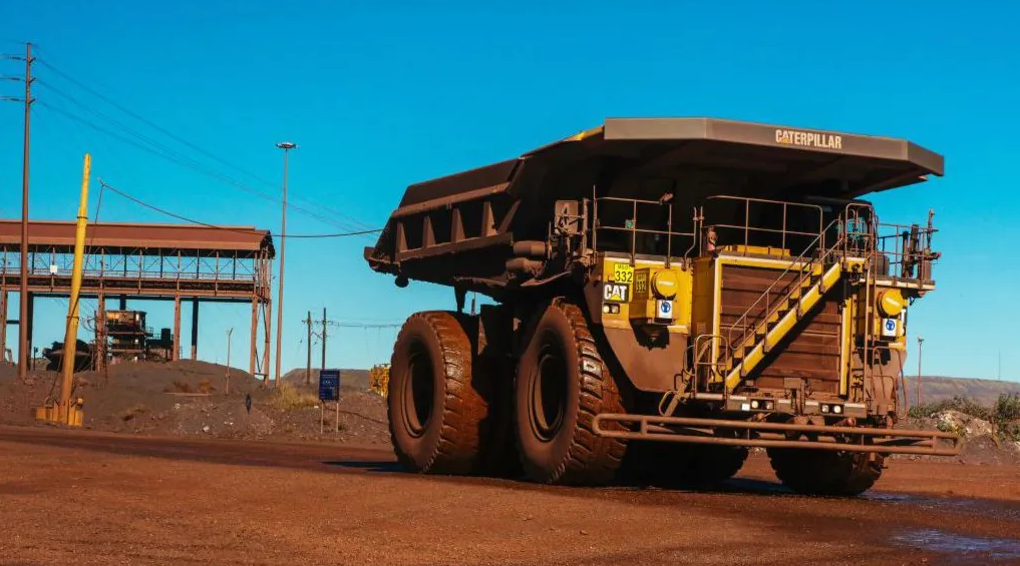
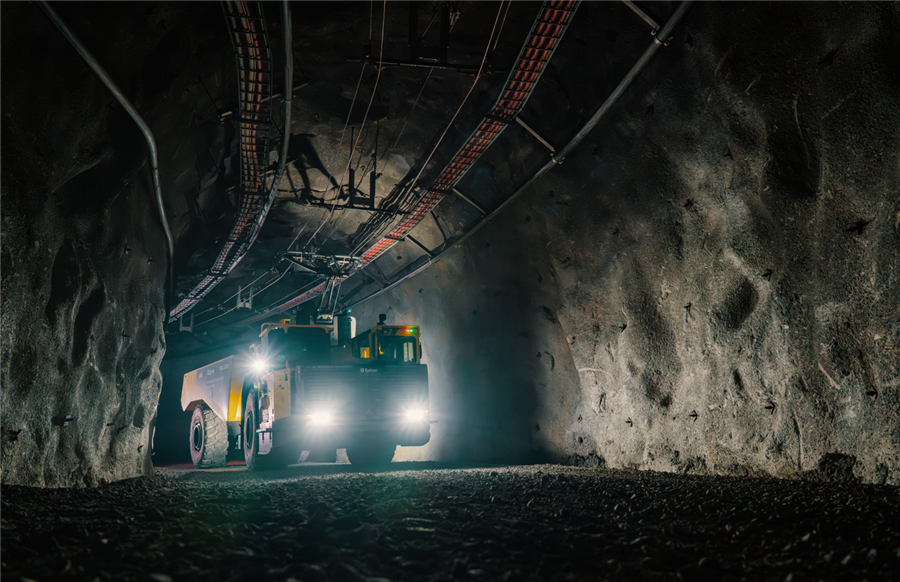

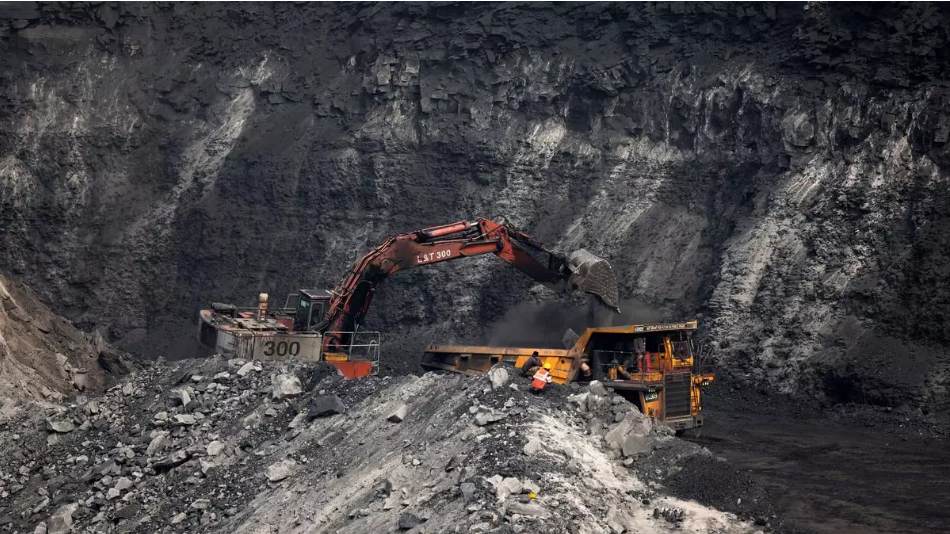
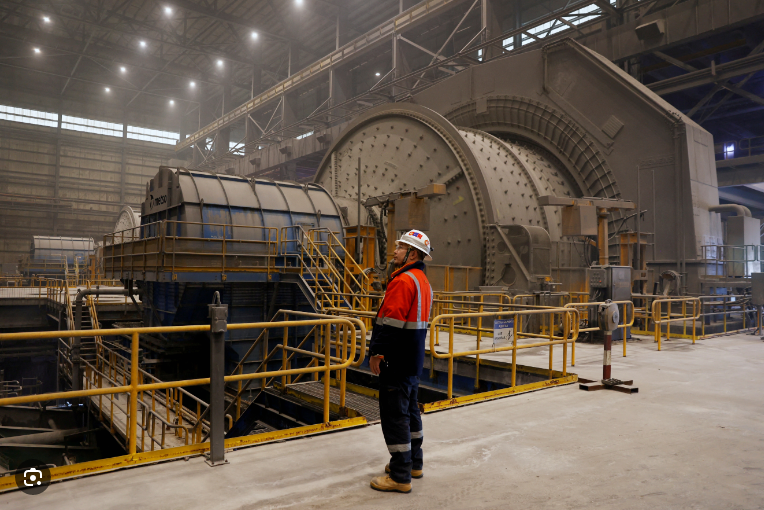
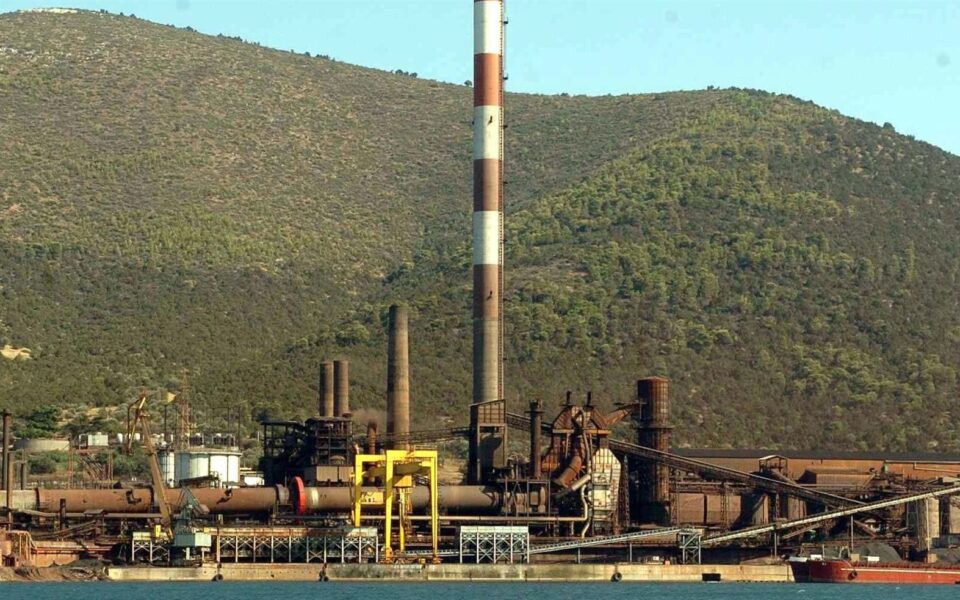
 2024 Beijing International Coal & Mining Exhibition
2024 Beijing International Coal & Mining Exhibition

